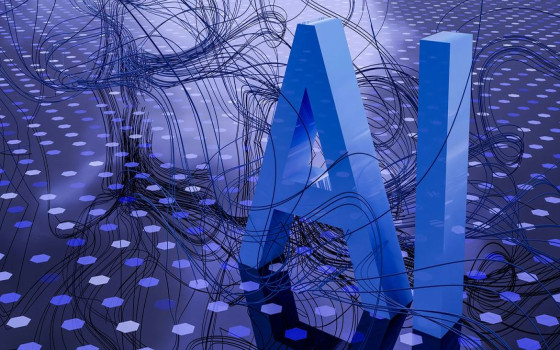
Warning of the accelerating risks of artificial intelligence... UN: The future of humanity cannot be left to algorithms

- Europe and Arabs
- Thursday , 25 September 2025 7:29 AM GMT
New York: Europe and the Arabs
United Nations Secretary-General António Guterres warned of the accelerating risks of artificial intelligence, stressing that "the future of humanity cannot be left to algorithms." The Secretary-General's remarks came during the Security Council's high-level open debate on artificial intelligence and international peace and security held on Wednesday.
Guterres said that artificial intelligence is no longer a distant horizon; it is here, transforming daily life, the cyberspace, and the global economy at an astonishing pace.
He emphasized that innovation must serve humanity, not undermine it, noting that the General Assembly last month established an independent international scientific panel on artificial intelligence and an annual global dialogue on the governance of artificial intelligence.
He emphasized that this represents a recognition of the unique power of the United Nations to bring stakeholders together, indicating that these initiatives together aim to link science with policy and practice; give every country a seat at the negotiating table; and reduce fragmentation.
He urged all Member States to nominate distinguished and diverse experts and support the panel's expertise, independence, and regional balance, while providing the necessary resources for timely scientific assessments. He also called on governments and stakeholders to fully participate in the global dialogue and establish comprehensive, human-rights-based global standards.
Four Priorities
In his briefing, the Secretary-General focused on four priorities:
First, the need to ensure human control over the use of force.
He said, "The fate of humanity cannot be left to algorithms. Humans must always retain authority over life-and-death decisions. The Council and Member States must ensure that the military use of artificial intelligence remains in full compliance with international law and the Charter of the United Nations."
Guterres reiterated his call for a ban on lethal autonomous weapons systems that operate without human control, with the goal of concluding a legally binding instrument by next year.
Second, the need to build coherent global regulatory frameworks.
Here, he welcomed the "Responsible Artificial Intelligence in Military" initiative. He noted that the General Assembly adopted a resolution last December on artificial intelligence in military action and its implications for international peace and security.
Accordingly, the Secretary-General said he had submitted a report to the General Assembly recommending that States take concrete steps to initiate a dedicated, comprehensive process to address this issue.
Third, we must protect the integrity of information in situations of conflict and insecurity.
The Secretary-General called on governments, platforms, the media, and civil society to collaborate to detect and deter AI-generated deception, starting with disinformation and deepfake campaigns targeting peace processes, humanitarian access, and elections. He emphasized the need for systematic safeguards to prevent AI systems from spreading misinformation and inciting violence.
Fourth and finally, we must close the AI capacity gap.
Technology can accelerate sustainable development and promote stability and peace, according to the Secretary-General, emphasizing the need for all countries to create space to shape our future in AI.
Last July, UN Secretary-General António Guterres warned against the militarization of AI, calling for a multilateral response based on equality and human rights. He emphasized the need to engage developing countries in the governance of this accelerating field. In a speech delivered at the BRICS summit in Rio de Janeiro, Brazil, the Secretary-General explained that artificial intelligence is reshaping economies and societies, warning that the fundamental test lies in how wisely we guide this transformation, and how we minimize risks and maximize potential for good.


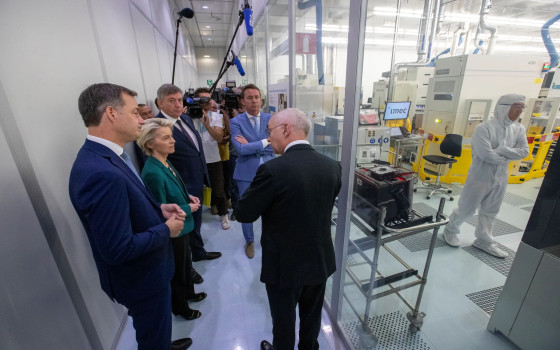
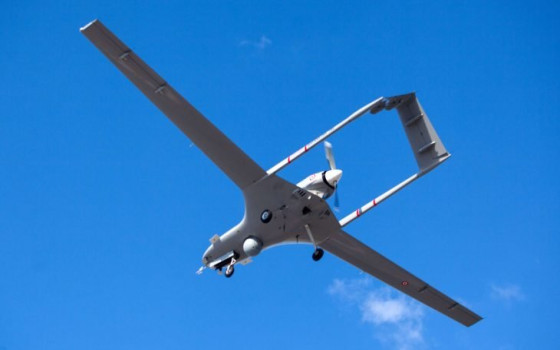





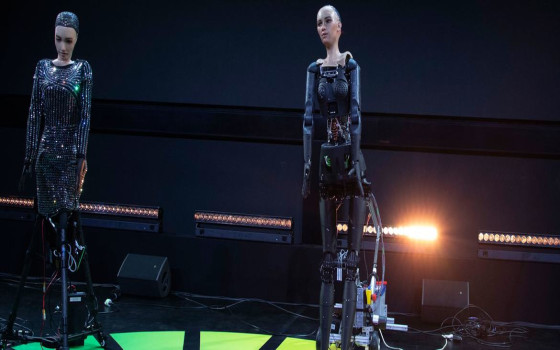
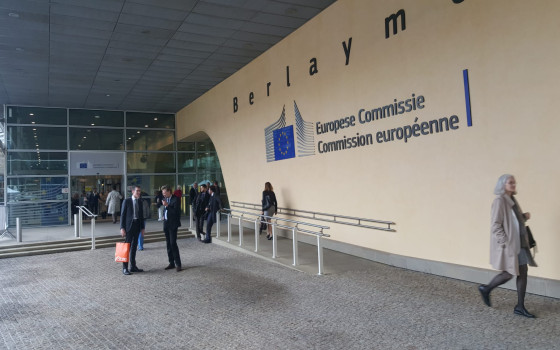
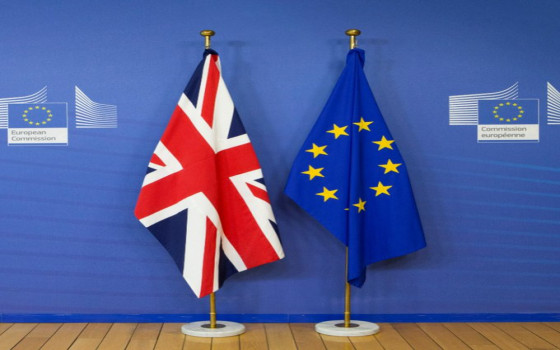
No Comments Found